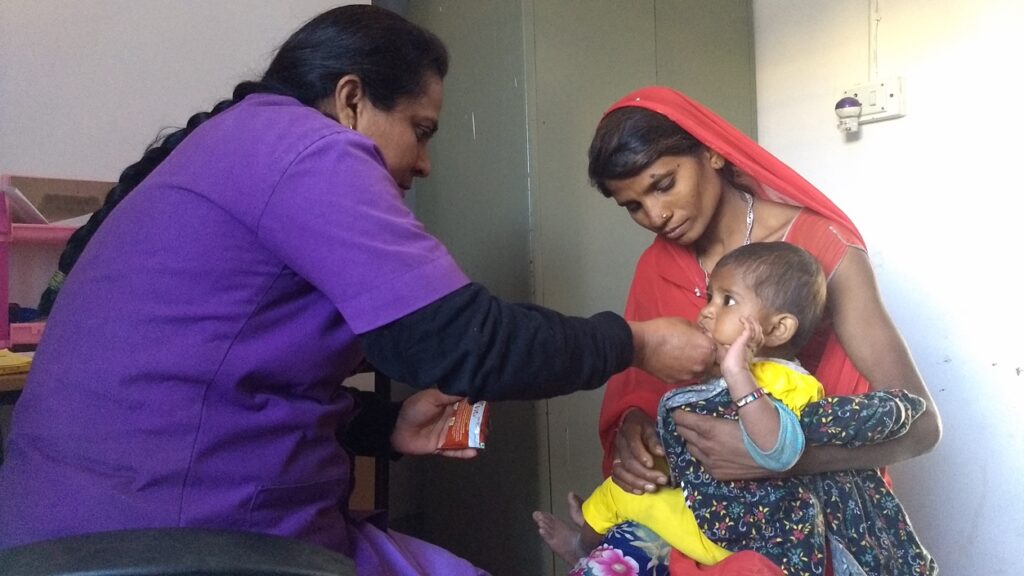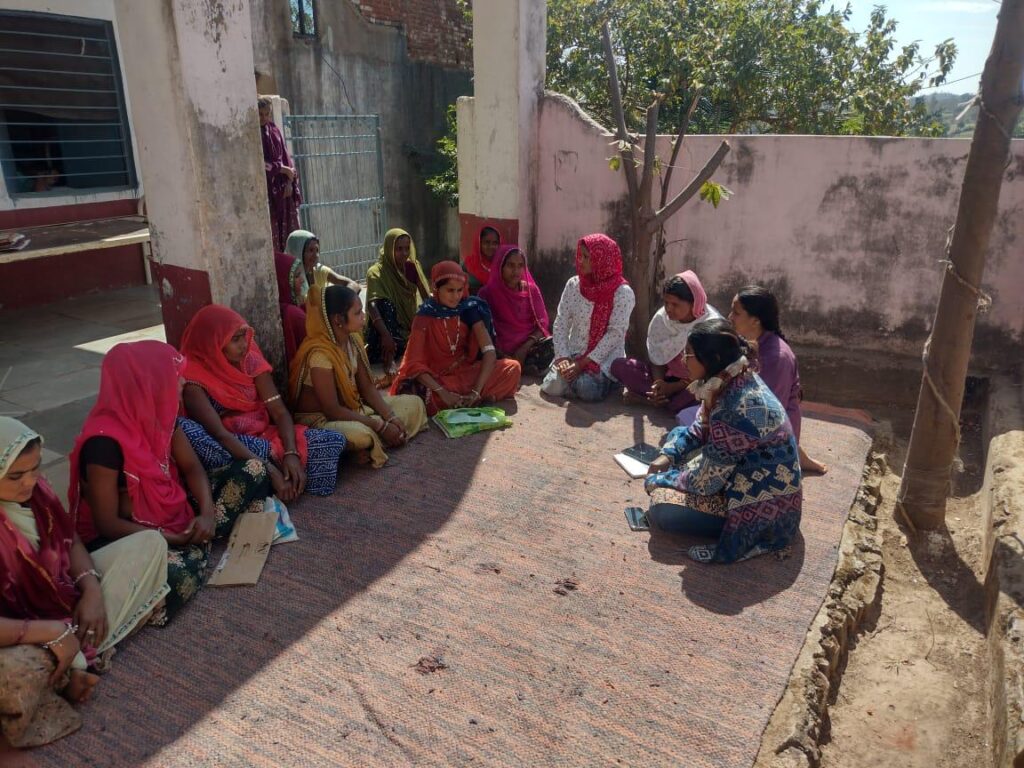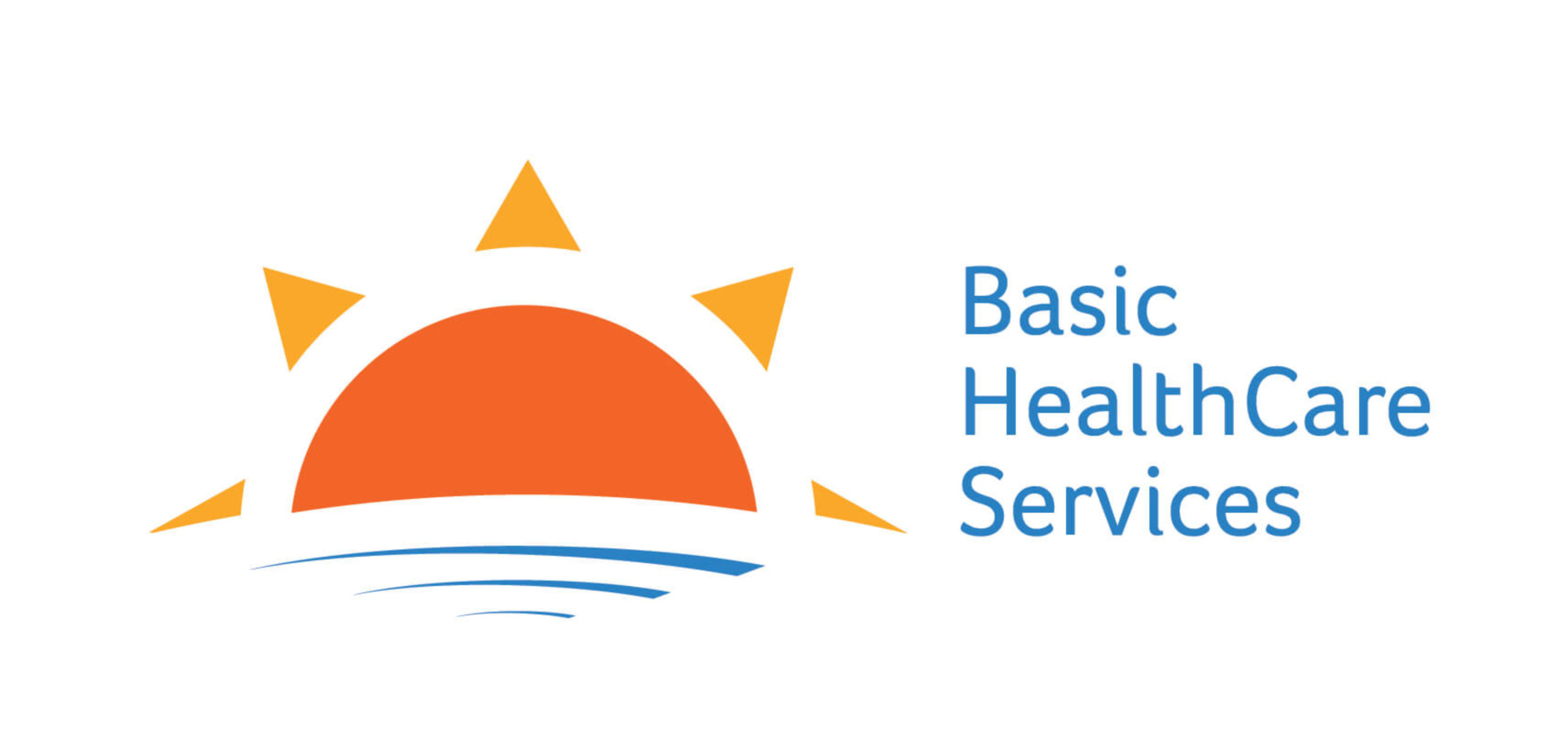National Safe Motherhood Day is celebrated on 11th April every year all over India. The day reminds us to refocus our attention on ensuring safe motherhood for all pregnant women, respect and dignity during labour and provide essential care throughout pregnancy, during delivery and even post that.
This is the story of Ganga (name changed for maintaining confidentiality), age 34 years, who lives in one of the hamlets in Bedawal. Bedawal is a village in the Salumbar district, 70 kms away from Udaipur city in southern Rajasthan. It has a hilly terrain with majorly tribal dominated population as habitants. They depend on agriculture and most males migrate to cities for earning livelihood through unskilled work. The houses are scattered and not pucca, roads uneven and accessing essential healthcare services is difficult. Hence, to ensure that health needs of these communities are catered to, Amrit clinic has been running in Bedawal from the last 10 years.
lives in one of the hamlets in Bedawal. Bedawal is a village in the Salumbar district, 70 kms away from Udaipur city in southern Rajasthan. It has a hilly terrain with majorly tribal dominated population as habitants. They depend on agriculture and most males migrate to cities for earning livelihood through unskilled work. The houses are scattered and not pucca, roads uneven and accessing essential healthcare services is difficult. Hence, to ensure that health needs of these communities are catered to, Amrit clinic has been running in Bedawal from the last 10 years.
AMRIT Clinics are primary healthcare facilities that provide low-cost, high quality healthcare services to communities in rural and tribal areas. At the core of the AMRIT ecosystem, are highly skilled nurses supported by a visiting physician, and a cohesive team of community health workers, and a cadre of women community volunteers known as Swasthya Kirans.
Ganga stays half an hour away (by vehicle) from Amrit clinic Bedawal. She is a mother of 3 children including 2 sons and a daughter and this was her 4th delivery. Her husband works in Surat and she was living here at her parent’s home (peehar). At around 1am at night, she felt pain in her abdomen. Her mother and family members enquired about a private vehicle (popularly called as Cruser) from the Sarpanch. The driver picked up the call at 3 am, and by 4 am Ganga left from her home along with her mother. They reached the Amrit clinic by 4.30 am early morning and were immediately attended by our nurses who admitted her to the labour room and examined her.
At 5 am, Ganga delivered a girl child weighing 2.5 kg. The nurses checked both Ganga and newborn thoroughly, then shifted them to the wardroom after some time. They both were healthy, stayed at the clinic for 2 days during which the clinic staff made sure to keep a check on them, counselled Ganga about breast feeding, nutrition and care of the newborn. Ganga mentioned how lucky she felt because the Cruser (private vehicle) driver picked up the call at 3am and arrived, or else she would have had to deliver at her home itself.
Ganga got her antenatal checkups and TT vaccination done before at the concerned Anganwadi at her husband’s home. However, as she had come to her parent’s home, she could not go to the concerned anganwadi to get her MAMTA (MCH) card due to which she did not have any idea about her delivery date. Both she and her mother mentioned that it would have been beneficial had they known about delivery due date prior, it would have helped them to plan better.
Although Ganga reached on time and had a safe delivery of her child, unfortunately, countless women in marginalized communities face far greater challenges. National level indicators and the reality we see on the ground level amongst marginalised communities living in far off places show a stark difference to us.
Inaccessibility of roads, scattered houses, lack of delivery preparedness, inability of health services like ambulance to reach in time create a barrier to timely medical intervention. Additionally, lack of essential documents like Aadhar, Jan Aadhar, MAMTA (MCH) card hinders access to government benefits, and social and financial constraints put a huge burden of disadvantages on the community.
services like ambulance to reach in time create a barrier to timely medical intervention. Additionally, lack of essential documents like Aadhar, Jan Aadhar, MAMTA (MCH) card hinders access to government benefits, and social and financial constraints put a huge burden of disadvantages on the community.
In these communities, households often comprise women with children and elderly parents due to male migration. Nutritional insufficiency due to limited food availability lead to high levels of anaemia seen during pregnancy, marginal weight gain throughout pregnancy, which affects both mother and child’s health (Low birth weight in newborn). Our clinic staff addresses these issues through postnatal visits, promoting Kangaroo Mother Care (KMC) which is helpful in increasing the weight and eventually improving low-birth-weight infant’s health. Here the mother and other family member’s are advised to hold the infant close to their bare chest, provide this for minimum of 6-8 hours in a day on rotation.
and eventually improving low-birth-weight infant’s health. Here the mother and other family member’s are advised to hold the infant close to their bare chest, provide this for minimum of 6-8 hours in a day on rotation.
Working closer to the communities has helped us realise the gaps for these families in achieving quality and timely care. We have tried to bridge this gap through the presence of Amrit Clinics providing essential Mother and child care services swiftly including 24X7 delivery by well experienced Nurses, antenatal care in the field through community sessions along with the help of Swasthya Kirans (community volunteers) and at clinic, and postnatal care by visiting women’s homes by nurses and health workers. Along with this, we have also been disseminating essential information and counselling in the community through community sessions throughout the month, also integrating with government health facilities like PHC staff and at MCHN sessions in Anganwadis.
Various global and national level programs have been working for years improving the Maternal and Child health scenario, and though there has been improvement with Maternal mortality in India itself reducing from 556/lakh in 1990 to 130 in 2014-16 to 97 recently in 2018-20, we still hear maternal deaths happening due to preventable causes. National Safe Motherhood Day compels us to redouble our efforts. By working together, we can create a future where every mother and child has access to the care they deserve.
Blog written by Sanskriti Sharma, Executive – Programs, Basic Healthcare Services
